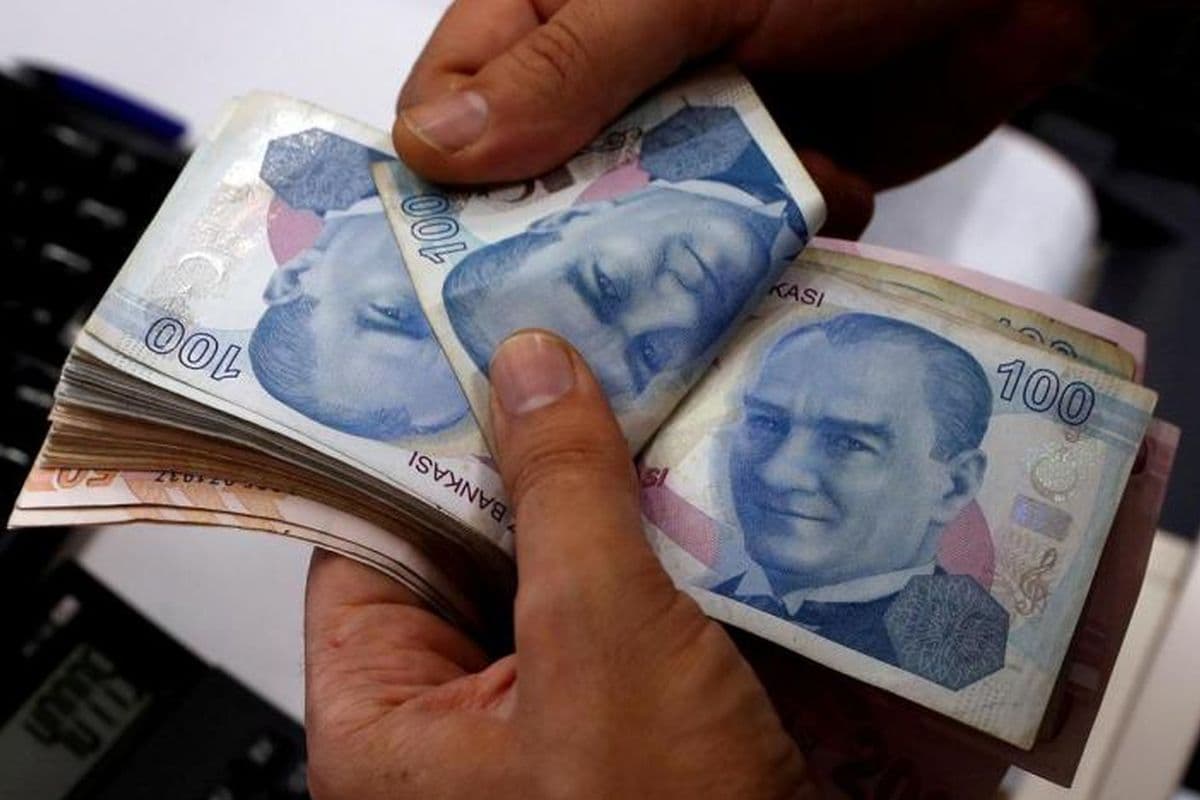
KUALA LUMPUR (Oct 16): The continued decline in the Turkish lira raises questions as to whether the operations of two Malaysian sister companies — Malaysia Airports Holdings Bhd (MAHB) and IHH Healthcare Bhd (IHH) — based in the country would be affected.
MAHB and IHH, both controlled by Khazanah Nasional Bhd, have sizeable operations in Turkey. MAHB operates the Istanbul Sabiha Gokcen International Airport (Istanbul SGIA) serving over 35 million passengers, and IHH runs the Acibadem Healthcare group, one of Turkey’s leading private healthcare service providers.
Mounting geopolitical risks and higher borrowing costs have weighed in on the lira, which stood at 7.94 per US dollar at press time, extending losses by about 24% this year.
MIDF’s head of research Imran Yusof said the weaker lira will definitely have some impact on IHH’s revenue and bottomline, especially for Acibadem as the segment will experience some foreign exchange loss against the ringgit.
That said, however, the weaker lira will not result in disruption in local operations in Turkey, he told The Edge.
Furthermore, the impact of the weaker lira will be cushioned by weaker operational costs incurred, as costs incurred are lira denominated, on top of ongoing COVID-19 related services rendered in the Acibadem hospitals.
Meanwhile, for MAHB, although Istanbul SGIA is one of the major contributors to the group’s revenue, the bulk of it is denominated in euro while the operating expenditure is in the Turkish currency. Therefore the impact on the airport operator would be more muted, said Imran.
MAHB is currently loss making mainly due to a significant contraction in passenger movements across all of its airports due to the COVID-19 lockdown.
It made a net loss of RM91.07 million in the second quarter ended June 30, 2020 (2QFY20) compared with a net profit of RM160.08 million a year earlier.
Nevertheless, the reopening of the Turkish border to international tourists lends support to ISG’s international passenger movement numbers, which has shown better recovery compared with Malaysia, noted another analyst who requested anonymity.
According to MAHB’s latest passenger traffic snapshot, Istanbul SGIA registered close to two million passengers in August 2020, reaching 54% of last year’s passenger movements.
However, given that restriction of movement between certain countries is still in effect, this may hamper tourist arrivals, noted Imran.
For IHH, Imran said the re-opening of the borders for international travel would assist to a certain degree in mitigating the slowdown in medical tourism in light of the pandemic.
However, he does not think that it will significantly contribute to the revenue of Acibadem as per before COVID-19 given that many European countries are still facing the second and third waves of the pandemic which may continue to restrict movements of patients coming from abroad.
In the near term, IHH’s outlook remains stable despite the recent glitch brought upon by the pandemic, said Imran, as operationally, the hospitals have seen improving patient statistics such as outpatient visits, inpatient admissions and procedures undertaken.
“Additionally, as IHH has operations in the majority of the regions around the world, it could diversify its operational risks rather well hence cushioning the impact of the COVID-19 pandemic on the group as a whole,” he said.
For MAHB, consumer confidence in air travel remains key and may take some time to be restored, even after governments begin the process of opening borders and relaxing travel restrictions, said Imran.
“Fact is, safety and health remain the paramount factors to regain consumer confidence. Successful development of a vaccine and the accessibility of the vaccine are key to ensure full recovery of the aviation industry. Furthermore, additional procedures such as a 14-day quarantine from returning abroad may also hamper demand for leisure travel,” said Imran.
Selling interest on the lira has persisted over the past few months after it was reported that the overnight borrowing cost of the Turkish currency in the offshore market had surged to the highest level since March 2019.
Separately, Turkey plans to test Russian-made S-400 missiles in defiance of US complaints, while at the same time opposing Russia in the recent clashes in the Caucasus, Bloomberg reported. It’s also pushing its own agenda in the eastern Mediterranean, putting it at odds with European Union members Greece and Cyprus.
“Apart from the ongoing clashes between Armenia and Azerbaijan, the risk that the US may imposes sanctions on Turkey for purchasing the S-400s from Russia has increased.
“Testing the S-400s ahead of crucial US presidential elections without knowing whether President Trump, who has an affinity for President Erdogan, will be re-elected is a major source of concern for already nervous investors,” Bloomberg quoted Piotr Matys, a London-based strategist at Rabobank, as saying.